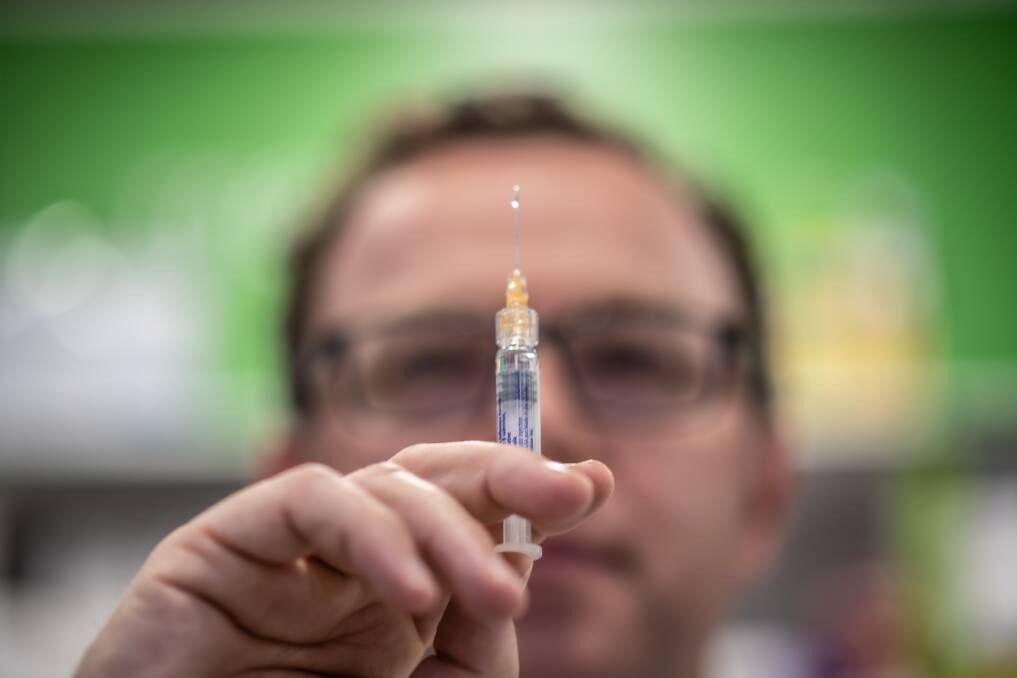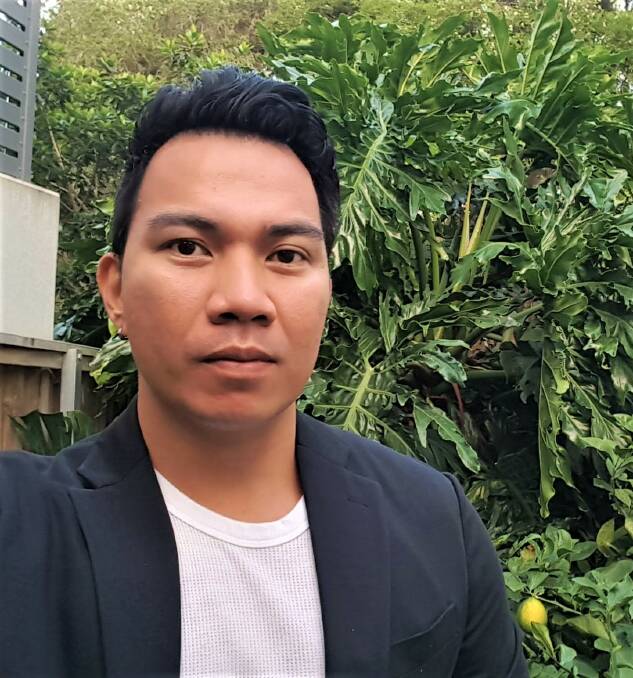
A University of Wollongong bioethicist is urging people to look to credible sources, not conspiracy theories, with the rollout of the COVID-19 vaccine imminent.
Subscribe now for unlimited access.
or signup to continue reading
Wollongong Hospital is among 11 NSW hospitals named as COVID-19 vaccination hubs, which will administer Phase 1a of the Pfizer vaccine.
The first doses of Pfizer vaccine are expected to be available from late February, and the Therapeutic Goods Administration is considering the Oxford/Astra Zeneca vaccine, expected to arrive in March, for approval.
Dr Yves Saint James Aquino, a research fellow at the Australian Centre for Health Engagement, Evidence and Values at UOW, said the pandemic had coincided with a rise in the anti-vaxxer movement.
However, he said, most Australians were simply "vaccine hesitant" in the face of rapid production of vaccines for COVID-19.
"The rollout of COVID vaccines has been hastened because of the emergency nature of the pandemic, and that's led to some vaccine hesitancy which is understandable," Dr Aquino said.
"So the Australian government, and pharmaceutical companies need to effectively communicate why these vaccines are safe, and comparable to any vaccine developed outside of the pandemic.
"They need to cut through the misinformation from the anti-vaxxer movement to mitigate the growth of that movement.
"Because the reality is the way these vaccines have been developed for COVID is still scientifically, evidence-based, and they have to go through a stringent regulatory process.
"Australia is one of the strictest regulators in the world, which is why we haven't already started rolling out the vaccine like in other countries."

Dr Aquino advised people to talk through any concerns with health professionals, including their GP, and to search credible medical and government websites for information.
"Be informed - get the experts to explain about the efficiency of these vaccines, about the benefits, and about the possible side effects," he said.
"Also understand the vaccine is just one aspect of fighting the pandemic; it can stop individuals from getting bad symptoms and complications, but we're not yet sure about how it works to stop transmission form one person to another.
"So we also need to keep adhering to personal hygiene and social distancing."
A bioethicist, Dr Aquino is comfortable with those most at risk getting the jab first - including healthcare workers and quarantine facility workers.
After the first stage of the roll-out, priority groups will include the elderly, Aboriginal and Torres Strait Islander people aged 55 and over, adults with an underlying medical condition and high-risk workers including defence, police, fire, emergency services, and meat processing workers.
It is expected that people in these groups will be offered a COVID-19 vaccine through usual immunisation providers, including GP practices and respiratory clinics and Aboriginal health services.
Dr Aquino said it was important that access to the vaccines was equitable.
"Historically there's been a tendency to focus on metropolitan areas rather than regional or rural, and groups including indigenous communities have long had inequitable access to health care," he said. "So let's not make the same mistake in rolling out COVID vaccines."
Meantime Dr Aquino had ethical concerns around any 'no jab, no pay' policies.
"Whether 'no jab, no pay' or 'no vaccine, no fly' policies are ethical is an ongoing debate," he said.
"Whenever there's a health crisis, there's always been conflict between individual liberty and autonomy versus the public good.
"We have to consider if the benefit for the community is larger than the individual. But we also have to try and ensure any solution will not curtail people's liberty too much."
We depend on subscription revenue to support our journalism. If you are able, please subscribe here. If you are already a subscriber, thank you for your support.

